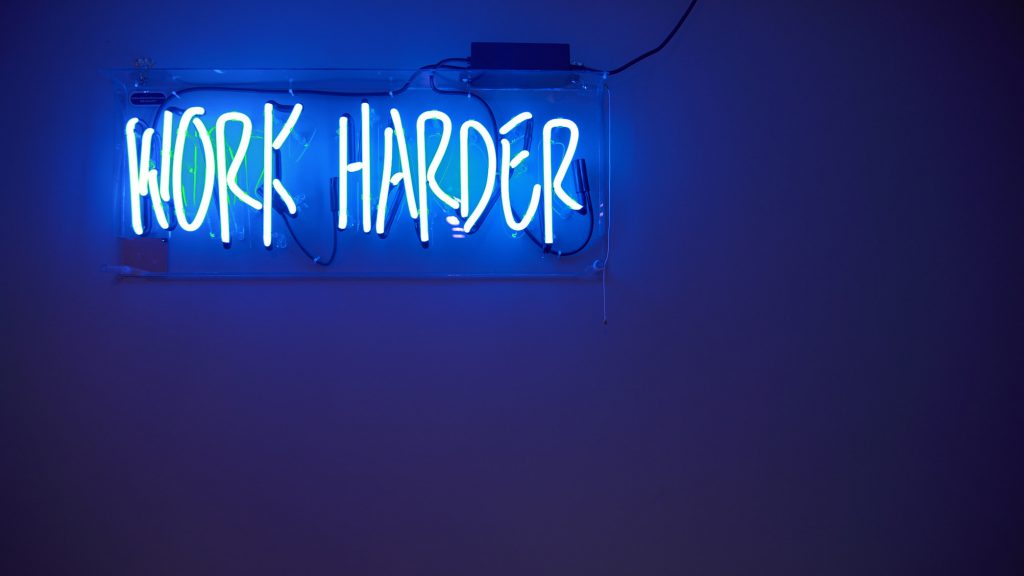Work hard and be happy. Or isn’t it? How do I become successful? How do I achieve more success? Everyone of us thought about these questions at least once. The answer usually lies in the general consensus ‘by working hard -or harder’.
There is unfortunately, not much truth to that obvious and commonly accepted answer. In a humorous and inspiring TED Talk of 12 minutes with 17 million views, positive psychology expert Shawn Achor discusses what’s wrong with the aforementioned statement:
“Every time your brain has a success, you just changed the goalpost of what success looked like. You got good grades, now you have to get better grades, you got into a good school and after you get into a better one, you got a good job, now you have to get a better job, you hit your sales target, we’re going to change it. And if happiness is on the opposite side of success, your brain never gets there. We’ve pushed happiness over the cognitive horizon, as a society. And that’s because we think we have to be successful, then we’ll be happier.”
Work hard and be happy. Or isn’t it? As it turns out, it seems to be the exact opposite. A happiness advantage occurs whenever someone’s level of positivity rises above the ordinary. So what is it? “[…] what we now call a happiness advantage, which is your brain at positive performs significantly better than at negative, neutral or stressed. Your intelligence rises, your creativity rises, your energy levels rise. In fact, we’ve found that every single business outcome improves. Your brain at positive is 31% more productive than your brain at negative, neutral or stressed. You’re 37% better at sales. Doctors are 19 percent faster, more accurate at coming up with the correct diagnosis when positive instead of negative, neutral or stressed.”
These are without a doubt terrific findings and they imply that we need to reverse the commonly accepted formula to success. The reason lies in the wondrous effects of dopamine being released in our brain. Aside from making us happier, dopamine also triggers all learning centers in our brain -thus enabling you to react and adapt to the world in an entirely different way.
Only one question now remains to be answered: how does one become happy?
Work hard and be happy. Or isn’t it? Shawn Achor and his research team found that there are different ways to achieve that happiness advantage you should be aiming for. Writing down three new things you’re grateful for, every day for a timespan of 21 days in a row, is one of them. After just 21 days, your brain will automatically start looking for the positive things in life, rather than focusing on the negative. Two more ways are summed up in the TED Talk: “we find that meditation allows your brain to get over the cultural ADHD that we’ve been creating by trying to do multiple tasks at once and allows our brains to focus on the task at hand. And finally, random acts of kindness are conscious acts of kindness. We get people, when they open up their inbox, to write one positive emailpraising or thanking somebody in their support network.”
Three simple things that enable you to become happy and 31% more productive. For us at Hercules Academy, it’s a no-brainer. We’ve got one more tip for you in store: do realize that help is readily available. Ranging from very specific solutions like our mindfulness coaching sessions that help your employees to become more self-aware and less susceptible to a burn-out, to entire programs that enable the corporate culture change your company might need in order for your employees to be more happy and productive. Don’t hesitate to reach out to us at info@hercules-academy.com!
